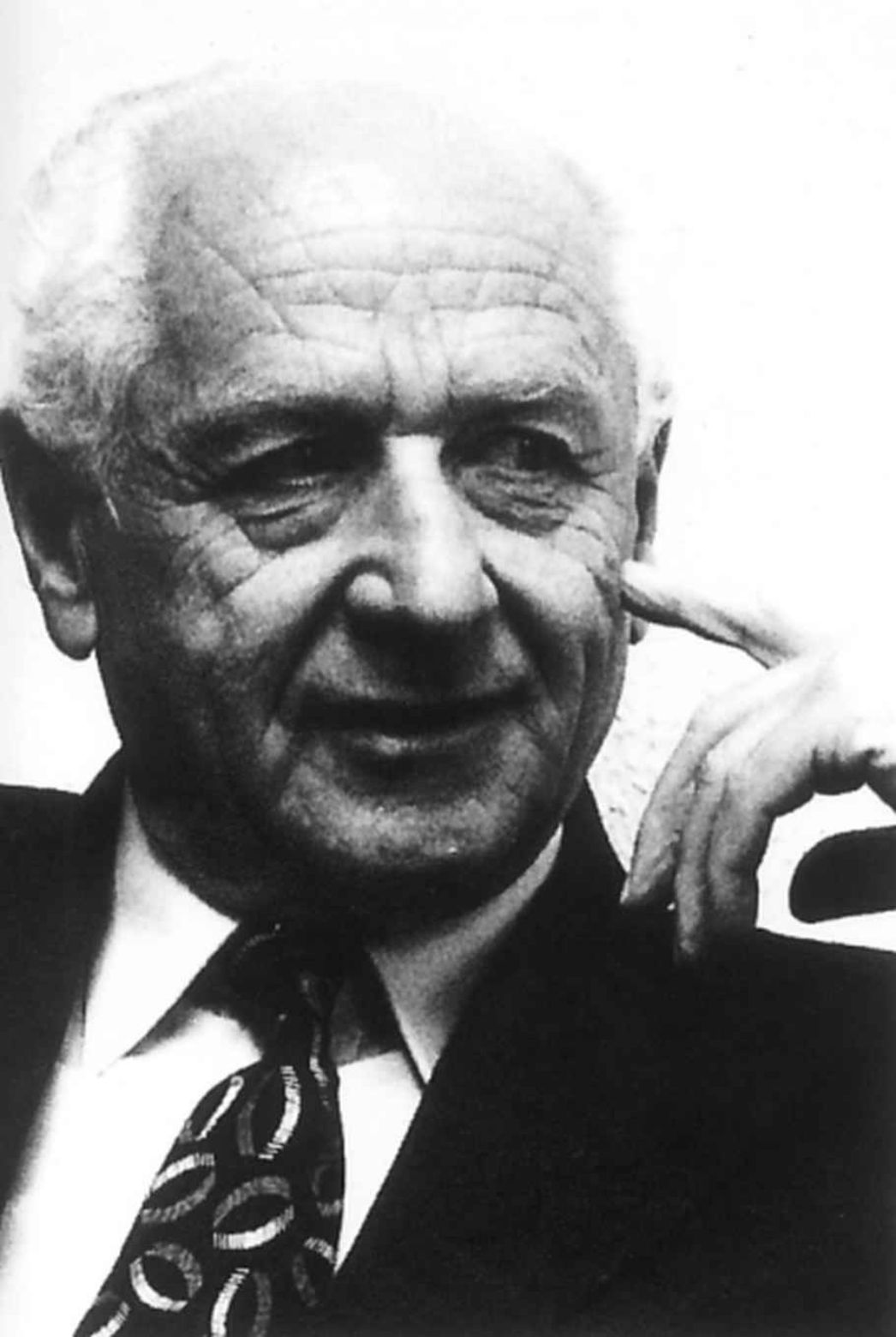
Arnošt Lustig was born to a Jewish family in Prague on 21 December 1926. He worked in various trades and began an apprenticeship as a decorator.
In 1942, following the German occupation, the entire Lustig family was forced to move to the Theresienstadt Ghetto. In September 1944, Arnošt Lustig and his parents were deported to Auschwitz. His father was gassed, and on 16 November 1944 the eighteen-year-old was transferred to the Buchenwald subcamp HASAG Leipzig-Meuselwitz, where Communists helped him survive. On April 13th he and a friend fled from a transport to Dachau and managed to hide until the liberation.
Meanwhile a member of the Communist party, in 1948/49 Lustig became a war correspondent in Israel, where he met the woman he would later be his wife, Věra. From 1950 onward he worked for Czechslovakia Broadcast. His first short stories, in which he processed his memories of the camps and persecution, were published in 1958: Démanty noci ("Diamonds of the Night") and Night and Hope (English: 1962). In 1964 the novella A Prayer for Katerina Horovitzov (English: 1973) came out. He wrote several screenplays for award-winning films, including Diamonds of the Night (directed by Jan Němec). In 1967 he publicly criticized the official policies of anti-Zionism and anti-Semitism in the Soviet Union and throughout the Eastern bloc. 1968, Lustig and his wife emigrated to Israel, in 1969 to Yugoslavia, in 1970 as writer in residence to the U.S. In 1978, he was appointed professor of literature and film studies at the American University in Washington. In addition to his teaching activities, he modified and revised his early texts to create new novels and stories. He inquired into the conditions of morally correct action in the parallel world of the camps and under persecution. From 1989 onward he travelled regularly to his native city of Prague, where he served as a guest lecturer at Charles University and gave summer courses in literature and creative writing.
Arnošt Lustig died in Prague on 26 February 2011.


